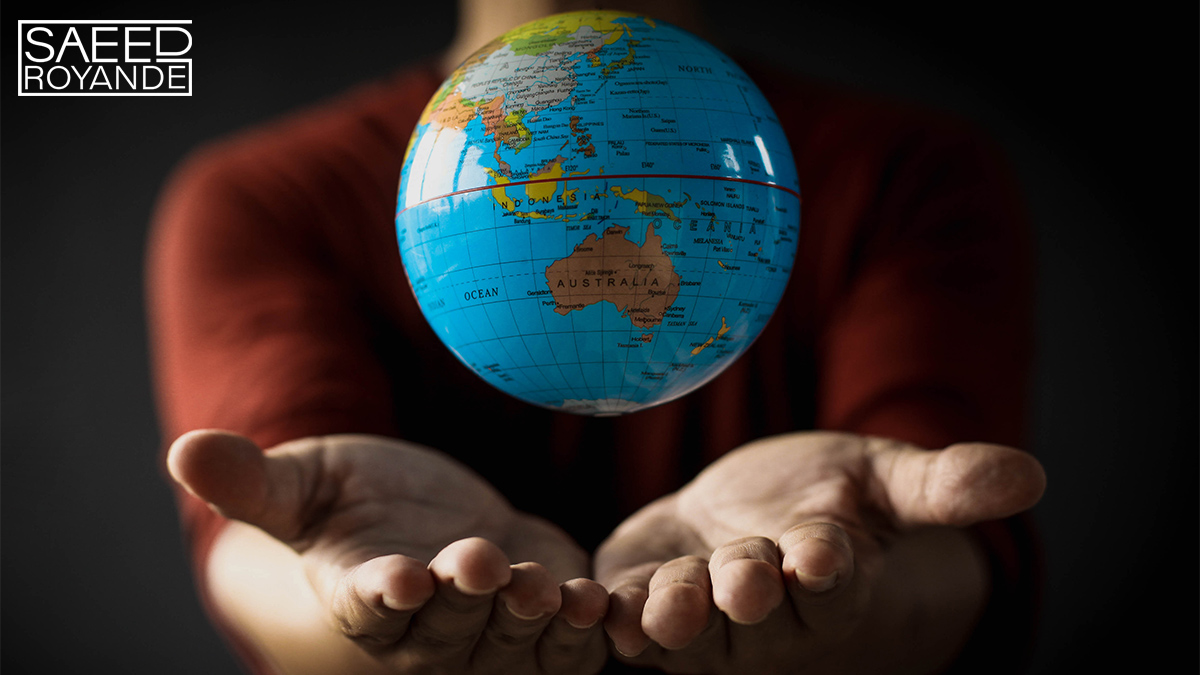There are many facets to the intricate web that connect rising prosperity with global progress. One way in which economic expansion aids global progress is by making more opportunities, resources, and rewards available to those working to better themselves and their communities. Increased trade and investment can promote technological innovation, knowledge transfer, and regional integration, while better infrastructure can improve people’s ability to move around, communicate with one another, and gain access to markets, all of which can lead to higher incomes and thus better social service provision. However, inequalities, vulnerabilities, and externalities brought about by economic expansion can be a threat to international development.
Defining economic growth and international development
The health of individuals, communities, and ecosystems are all affected by the state of the economy and the state of the world as a whole, which is why the two are inextricably linked. Increasing output and demand for a country’s goods and services over time is what economists call economic growth, and it can be quantified by looking at numbers like GDP or GNI. GNI is the sum of all domestic and foreign income received by citizens of a country during a given year, while GDP is the value of all final goods and services produced within the country during that year. Nominal GDP and GNI are expressed at current values, whereas real GDP and GNI are expressed at constant prices after adjusting for inflation. Per capita GDP and GNI are measures of economic output that take into account a country’s population by dividing GDP and GNI by the total number of residents. These metrics are frequently employed in international comparisons of economic development and quality of life. By focusing on health, education, gender equality, poverty reduction, and environmental sustainability, international development aims to improve the standard of living for people in underdeveloped nations. Economic expansion is only one aspect of international development; other key areas of focus include social and political inclusion, cultural and ethnic diversity, and human rights.

International professional people group working
The positive effects of economic growth on international development
Because it creates more possibilities, resources, and incentives for human development, economic growth can aid in global development. Health outcomes are one area where international development and economic expansion have had a favorable influence. Income-based improvements in health care, nutrition, sanitation, and hygiene have been shown to reduce disease and mortality rates. Health technologies, such as vaccinations, medications, diagnostics, and medical equipment, can help people live longer, healthier lives, and with a higher quality of life if they are the subject of increased research and development as the economy grows. Education outcomes are another area where international development can benefit from economic growth. People with greater disposable money may be able to put more resources toward their own and their children’s education, for example, investing in the financial education of the youth, or improving both the quantity and quality of that education. The World Bank found, for instance, that a rise of 10% in GDP per capita was linked to a 0.8% rise in primary school enrollment. Additionally, an increase in the economy’s demand for qualified workers might encourage individuals to further their education and career prospects. Promoting gender equality is another way in which economic expansion contributes positively to international development. Women’s income and bargaining power within households and society can benefit from women’s increased participation in economic activities including employment, entrepreneurship, and trade when they have access to greater resources. Additionally, increased prosperity can help alleviate poverty. If people had more money, they wouldn’t have to worry about falling into absolute poverty. A 10% increase in GDP per capita, for instance, has been linked to a 3.6% reduction in extreme poverty, according to World Bank research. Relative poverty, which is defined as having an income of less than half the median, can be reduced as a side effect of economic progress, helping to lessen both social isolation and income disparity. For instance, the OECD found that for every ten percent rise in GDP per capita, relative poverty fell by 1.8%. In addition, a flourishing economy may aid in protecting the planet’s natural resources. Greenhouse gas emissions and ecological footprints can be lowered when people have enough disposable money to invest in renewable energy sources, organic food products, and electric automobiles.

Four workers discussing economic development
The factors that mediate the relationship between economic growth and international development
A positive or negative correlation between economic expansion and global progress is not inherent or linear, but rather the result of several influencing factors including:
- The growth’s quality, fairness, and longevity
- Growth-promoting policies, institutions, and organizational frameworks
- People’s rights, agency, and participation in the growth process
How economic growth is generated, distributed, and sustained across time are all aspects of its quality, distribution, and sustainability. For global progress, not all forms of growth are created equal. Such expansion may not produce enough jobs, money, or innovation for human progress if it relies on the extraction of natural resources, low-value-added manufacturing, or financial speculation. Concentrated economic growth in a small area or among a select few may not help alleviate global issues like poverty and inequality. Long-term human progress may be jeopardized if growth is achieved at the expense of environmental deterioration, resource depletion, or climatic change. Therefore, international development can only be supported by growth in an economy that benefits everyone. The rules, conventions, and practices that govern economic activities on a national and worldwide scale are examples of the policies, institutions, and governance structures that determine growth. However, not all policies, institutions, and organizational frameworks are beneficial to global progress. Examples of policies that may not promote openness, integration, or investment for human development include those that promote trade protectionism, capital controls, or fiscal austerity. Public goods, services, and infrastructure essential to human growth may not be provided by institutions that are not open, accountable, or efficient. Corruption, authoritarianism, and unstable governments can undermine human progress toward peace, equality, and freedom. Therefore, decent policies, strong institutions, and accountable leadership should steer economic expansion if it is to contribute to global progress.


